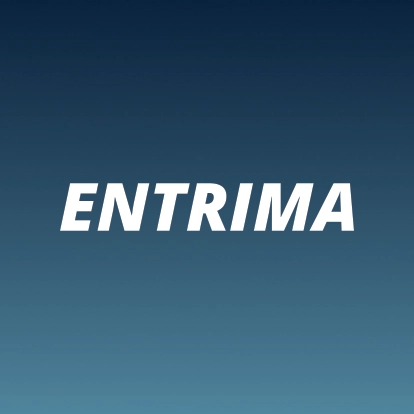Over-the-counter markets are characterised by a variety of aspects, activities and processes. This includes flexibility concerning the terms and conditions in the negotiation process, choice of preferred broker, discretion with order execution and counterparty risk management.
Mediation services – With discretion
OTC trading concerns a bilateral way of concluding transactions. This implies it involves two counterparties only. Sometimes OTC deals are negotiated between the two market participants directly, whereas in other cases an intermediary party is involved. This intermediary concerns a broker. Brokers are individuals employed by brokerage firms. The service they provide is called brokerage. Concluding transactions OTC allows for doing business with a counterparty of choice, selected by the initiator. In case a broker is used, he can be assigned ‘discretion’ by his client concerning the way he is allowed or requested to execute an order. Obviously, meanwhile, in any case, the broker has to respect and protect the interest of the client (e.g. best price execution).
Counterparty risk
Bilateral deals are exposed to counterparty risk. When two parties agree upon supply of a certain product in the future, against a pre-defined (fixed) price, there is a risk involved that the seller does not fulfil its obligations to make delivery, or the buyer failing to pay the related cash flow. After all, technical problems could arise, for instance due to an operational outage, resulting in a failure to deliver. Hence, the buyer is exposed to delivery risk. On the other side, the buyer may fail to make payment, for instance in case of a bankruptcy. This implies the seller is exposed to credit risk. Altogether, this is why market participants analyse the capabilities of their counterparties, including a party’s creditworthiness. The creditworthiness or solvency can be analysed (due diligence) by market participants themselves, but sometimes they rely on external analysis. So-called rating agencies can be of help, as they assess the creditworthiness of companies and even governments. An organisation’s ability to make payments is indicated by a rating from such an agency. Well-known rating agencies concern Standard & Poor’s, Moody’s Investors Service and Fitch Group.
In addition to the above, to cover the characteristics of OTC markets, one has to consider market liquidity, anonymity and price transparency.
